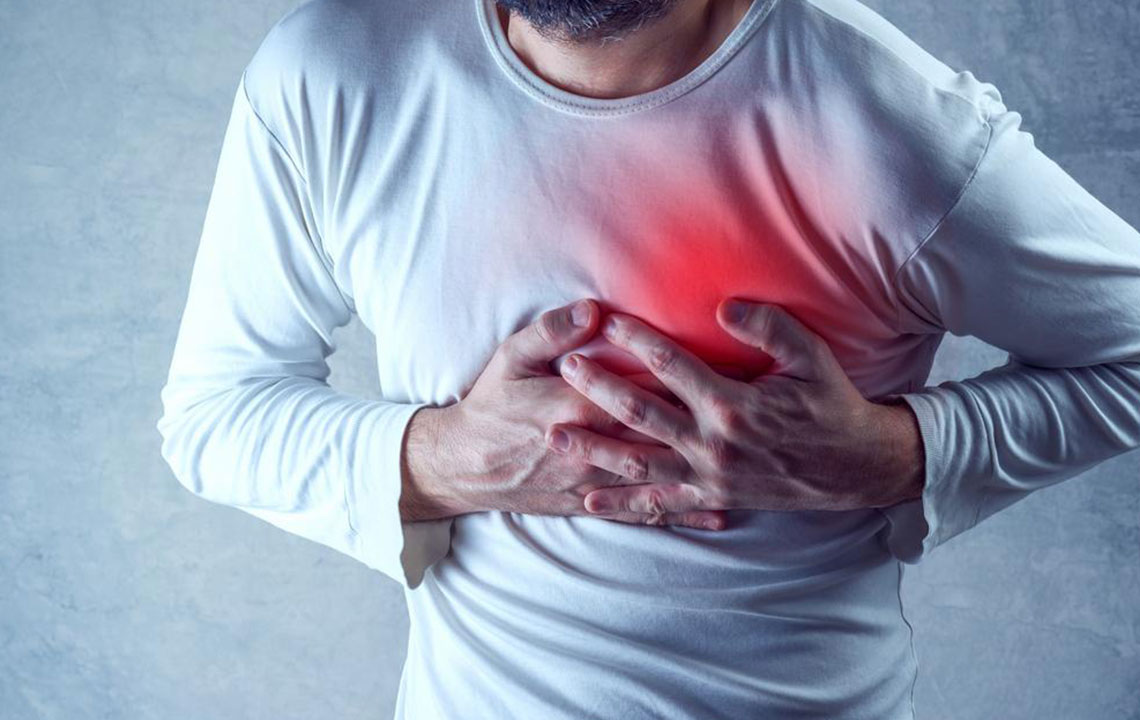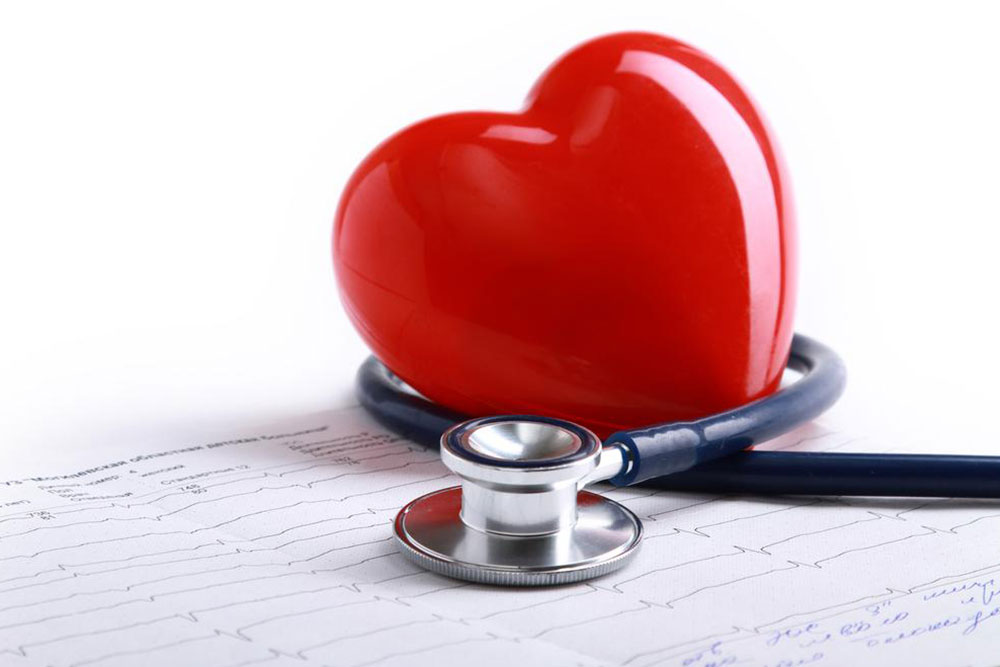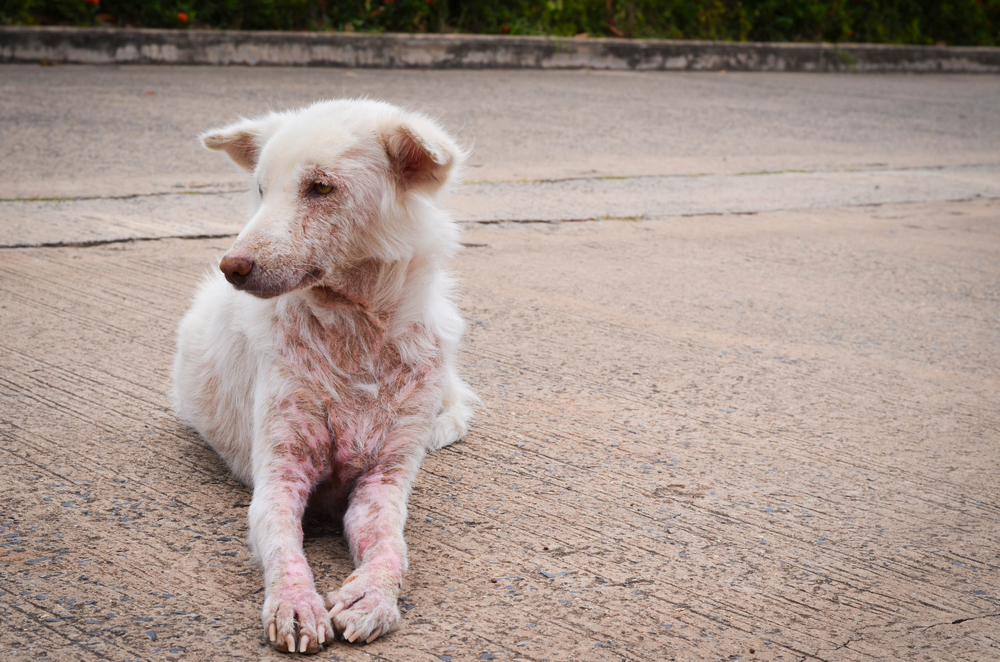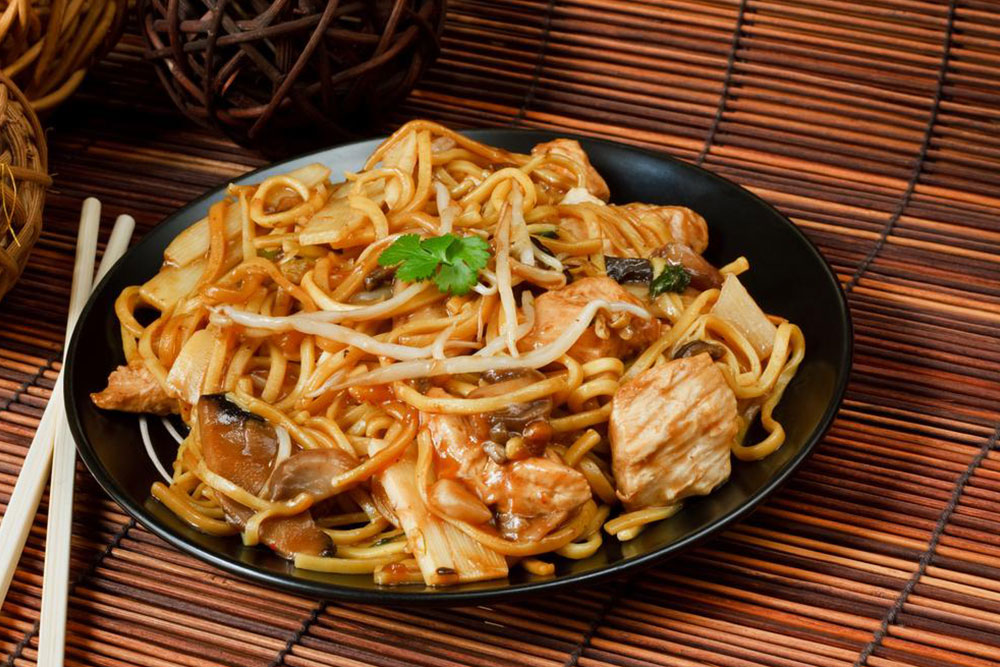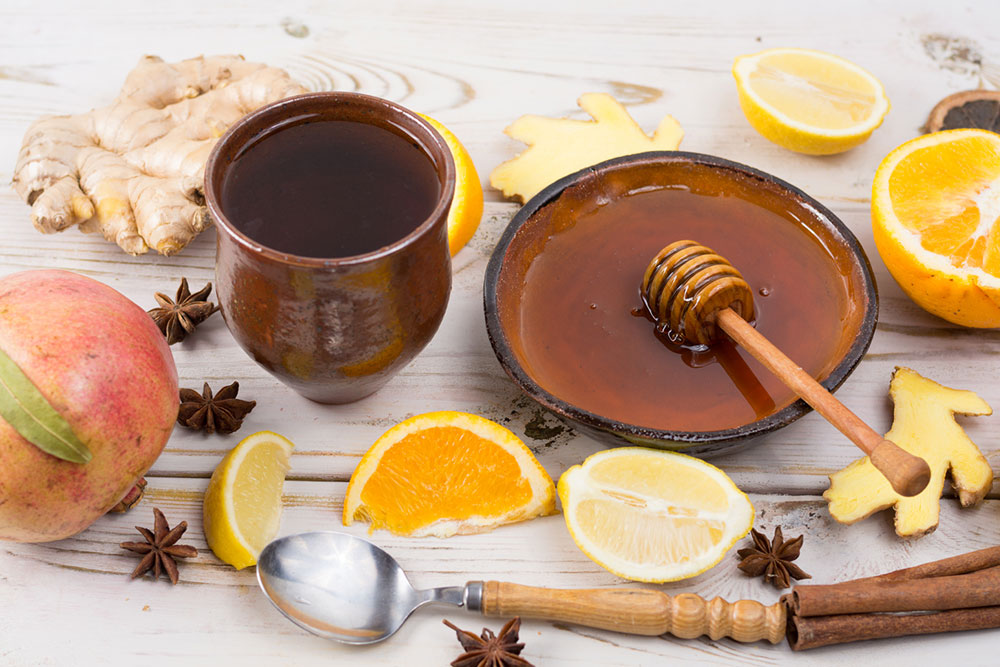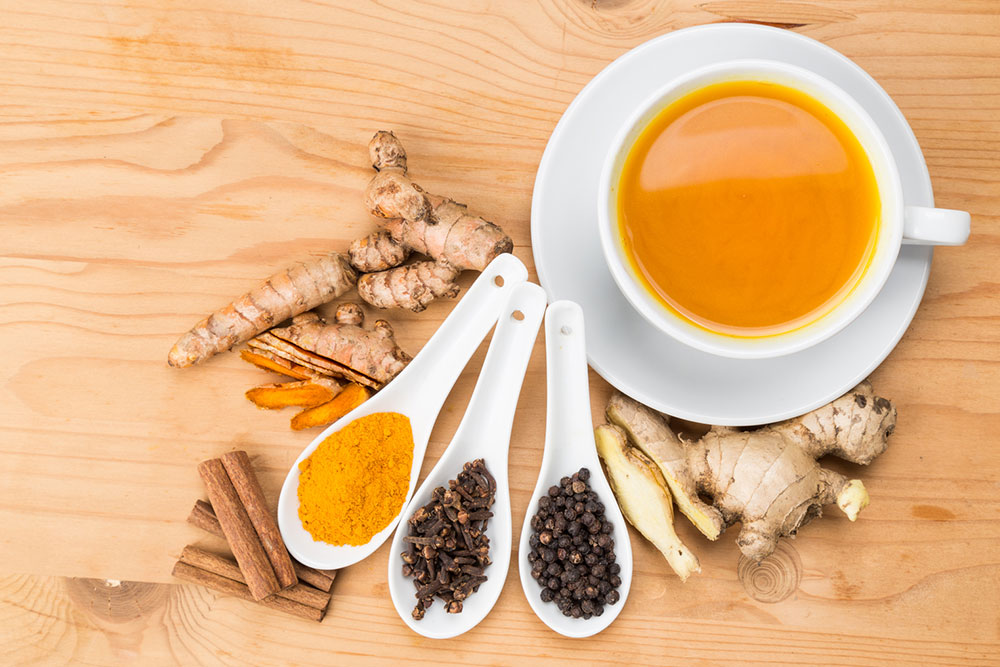Natural Approaches to Support Breast Cancer Management
Explore natural methods to support breast health and complement traditional treatments. This article highlights foods, lifestyle changes, and alternative therapies that may help reduce risks and improve well-being for those facing breast cancer. While not cures, these strategies can boost immunity and assist in management alongside conventional care.
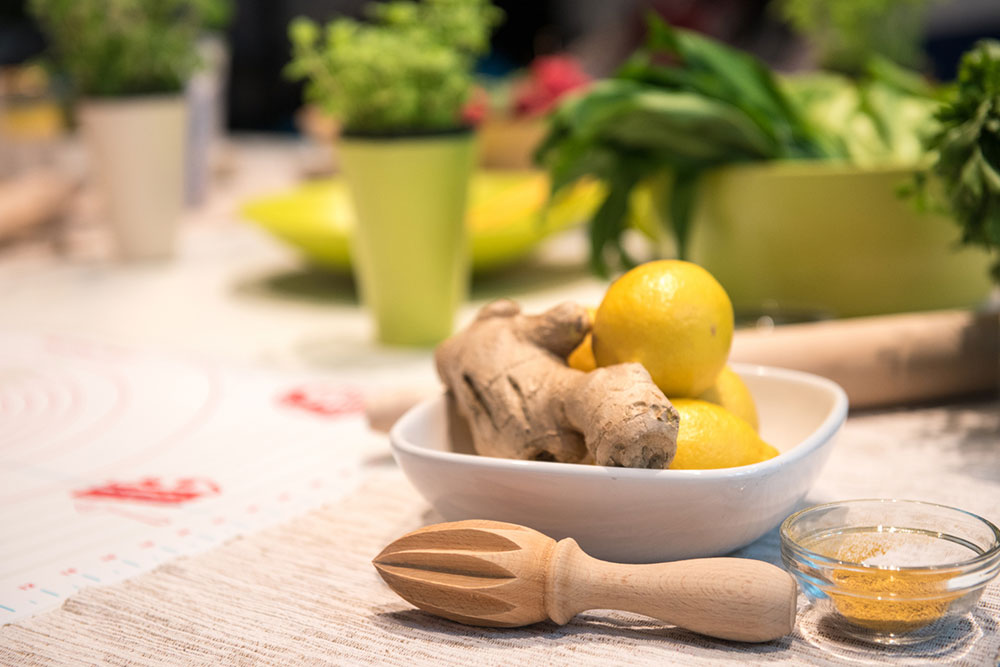
Natural Strategies for Supporting Breast Cancer Care
Statistically, one in eight women in the United States will be diagnosed with breast cancer during their lifetime. It ranks as the second most common cancer among women after lung cancer. Research indicates that between 1970 and 2014, breast cancer cases have quadrupled. Adopting a diet rich in plant-based foods, maintaining a healthy weight, and engaging in consistent physical activity may aid in supporting breast health.
While no single food can prevent or cure breast cancer on its own, home remedies and lifestyle changes can strengthen the immune system and potentially slow tumor growth.
Key supporting measures include:
Garlic
Known for its cancer-fighting compounds such as phytochemicals and allyl-sulfur, garlic may inhibit carcinogens and repair DNA, preventing cancer spread. It can also restrict blood vessel formation within tumors. Whole or sliced garlic can be incorporated into your meals.
Broccoli
As a cruciferous vegetable rich in glucosinolates, vitamin C, and antioxidants like carotenoids and quercetin, broccoli helps inactivate carcinogens and reduce inflammation, bolstering immune defenses.
Additional supportive foods include:
Grapes
Rich in resveratrol, grapes provide anti-cancer phytochemicals that can slow the growth of abnormal cells within breast tissue.
Green tea
Containing catechins, green tea offers antioxidant and potential anti-cancer properties.
Vegetables
Foods like sesame seeds, flaxseeds, broccoli, and kale contain lignans and phytoestrogens that may lower breast cancer risk by reducing abnormal cell development.
Whole grains
Varieties such as corn, wheat, millet, and quinoa are high in fiber, aiding weight management and lowering cancer risk associated with excess body weight.
Soy
Isoflavone-rich soy products can act as tumor suppressors, slowing cancer cell growth.
Vitamin D
Adequate vitamin D intake, found in eggs, dairy products, and cod liver oil, is linked to reduced breast cancer risk.
Exercise
Regular physical activity can decrease cancer risk regardless of age or weight.
Calorie Reduction
Consuming fewer calories may slow tumor progression and support treatment efficacy.
Green leafy vegetables
Kale, spinach, mustard greens, and romaine lettuce contain carotenoids that combat abnormal cell growth.




